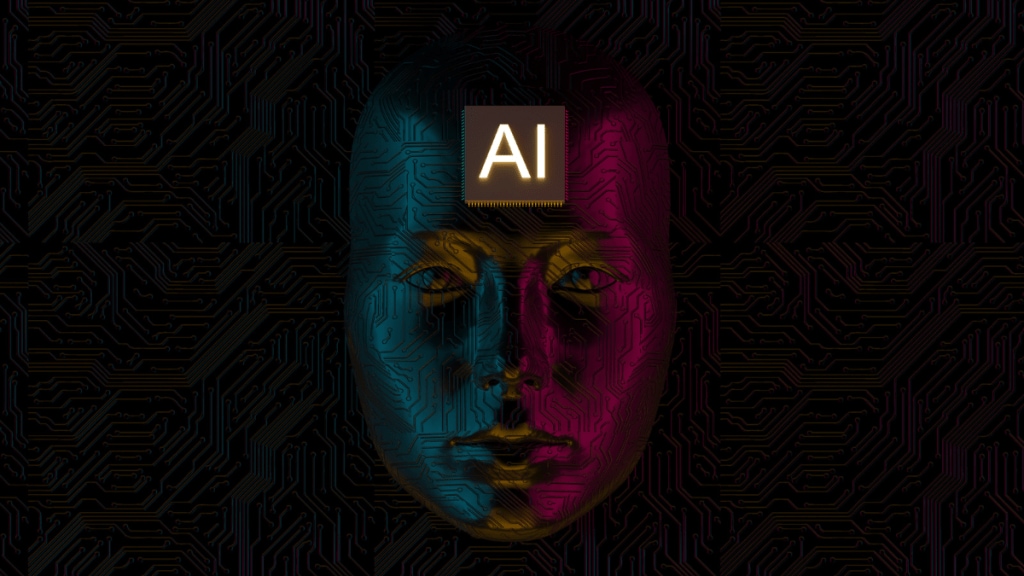Generative AI is expected to lead to significant revenue losses for music and audiovisual creators, according to a study commissioned by CISAC (International Confederation of Societies of Authors and Composers). The study estimates that creators will face a cumulative loss of $23.12 by 2028, with $10 billion in the music sector and $12.61 billion in audiovisual. This represents a loss of 24% of music creators’ current revenues and 21% for audiovisual creators due to the substantial impact of AI-generated works.
“The CISAC report sheds critical light on the far-reaching economic impact of generative AI on creators, particularly in the music and audiovisual sectors. While AI offers immense possibilities for innovation, it also poses significant challenges to the livelihoods of songwriters, composers, and other creators who form the bedrock of the creative economy. At IPRS, we firmly believe that robust policies are essential to ensure fair compensation and safeguard the value of human creativity, which fuels the very foundation of AI-driven content. This study is a timely wake-up call for policymakers and industry stakeholders to address these challenges collaboratively and equitably.” Rakesh Nigam, CEO, Indian Performing Rights Society, said.
The market for AI-generated music and audiovisual content is projected to grow from approximately three billion dollars in 2023 to $67.27 billion by 2028. The report further revealed that generative AI providers’ revenues from unlicensed use of creators’ works are expected to rise to approximately four billion dollars annually in music and approximately five billion dollars in audiovisual by 2028. AI-generated music is forecast to make up 20% of revenue on traditional streaming platforms and 60% of music library revenue. In the audiovisual sector, dubbing and subtitling translators are at the highest risk, with 56% of their revenue potentially lost, while screenwriters and directors could see losses of 15–20%, the report added.
“For creators of all kinds, from songwriters to film directors, screenwriters to film composers, AI has the power to unlock new and exciting opportunities – but we have to accept that, if badly regulated, generative AI also has the power to cause great damage to human creators, to their careers and livelihoods. Which of these two scenarios will be the outcome? This will be determined in large part by the choices made by policy makers, in legislative reviews that are going on across the world right now. We must get these regulations right, protect creators’ rights and help develop an AI environment that safeguards human creativity and culture”. Björn Ulvaeus, president, CISAC, added.
The study highlights two key risks for creators: the unauthorised use of their works by AI models without remuneration and the replacement of traditional revenue streams as AI-generated outputs compete with human-made content. Combining qualitative and quantitative research, the report provides economic estimates of revenue losses and forecasts generative AI’s market growth while proposing a framework for potential remuneration schemes for creators.

